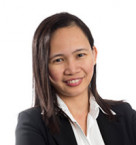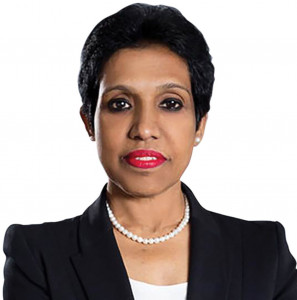Revisiting long-established concepts on independent and dependent patent claims in Singapore
31 October 2019

The Intellectual Property Office of Singapore has recently announced in its newsletter dated August 14, 2019, that the current practice of examining independent and dependent claims as provided in the Examination Guidelines for Patent Applications (April 2019 version) continues to be in force.
This newsletter has been circulated in the light of feedback received by IPOS on a recently decided case before the Court of Appeal of Singapore, Sunseap Group Pte Ltd & 2 Ors v. Sun Electric Pte Ltd [2019] SGCA 4, where certain statements in the judgment seem contradictory to the established patent practice in Singapore and elsewhere.
Background of the case
The Court of Appeal in the Sunseap Case made some observations on the relationship between independent and dependent claims at Paragraph [70] of its decision. The Court of Appeal’s statement which caused some concern among the patent practitioners is as follows:
Paragraph [70]: “However, in addition to the above, there is at least one other scenario where the patent should be revoked. This is the scenario where all the independent claims in a patent have been found to be invalid. This presupposes that the patentholder has alleged infringement of all the independent claims in the patent and that the defendant has in turn challenged the validity of all the independent claims by way of defence. If the court finds in the defendant’s favour that the independent claims are invalid, it follows that the dependent claims must also fall. This is because, as the nomenclature suggests, dependent claims (or “subsidiary claims”) refer back to the independent claim and incorporate all its features (see Lee Tat Cheng v. Maka GPS Technologies Pte Ltd [2017] 3 SLR 1334 at [104]).
Thus, in practical terms, once the defendant succeeds in establishing that all the independent claims in a patent are invalid, the dependent claims must necessarily fall away and the patent as a whole must be regarded as invalid. In such circumstances, it would also be proper for the High Court to exercise its power under Section 91(1) read with Section 80 to order that the patent be revoked.” (Emphasis added.)
This statement by the Court of Appeal seems to contradict the long-established concepts on independent and dependent claims in Singapore as explained in the examination guidelines.
Interrelationship between independent and dependent claims
Discussion on the issue of independent and dependent claims can be found, for example, in Paragraphs 2.45 to 2.51 of the examination guidelines. According to the examination guidelines, the broadest claim in an application is normally an independent claim and it defines all of the essential features of an invention. A dependent claim can depend upon one or more independent claims or one or more dependent claims. It normally contains additional features which narrow the scope of monopoly of the claim. Based on these definitions, it can therefore be deduced that the scope of an independent claim is different from that of the dependent claim. Paragraph 2.50 of the examination guidelines, for example, explains that, when Claim 2 is dependent on an independent Claim 1, all features of Claim 1 are imported into Claim 2. Consequently, the scope of Claim 1 is then narrowed to the features as indicated in Claim 2. This goes to show that the scope of monopoly of Claim 1 is not the same as that of Claim 2. This concept is also indicated at Paragraph 9.13 of the examination guidelines, which states that if the examiner subsequently finds that the final results have not provided a positive indication on an independent claim but have indicated that a dependent claim is allowable, the examiner will issue a written opinion, thereby allowing the applicant to amend claims to incorporate the allowed dependent claim into the independent claim during supplementary examination. Hence, it does not follow that if an independent claim is found to be invalid or not allowable, the dependent claim automatically becomes rejected or invalid as the scope of each claim is assessed separately in view of the additional features found in the dependent claim.
The above approach continues to be valid as confirmed by IPOS. It remains to be seen, however, whether this position will be changed in the future. In the meantime, patent practitioners can rely on the aforementioned paragraphs of the examination guidelines in assessing the validity of independent and dependent claims.








